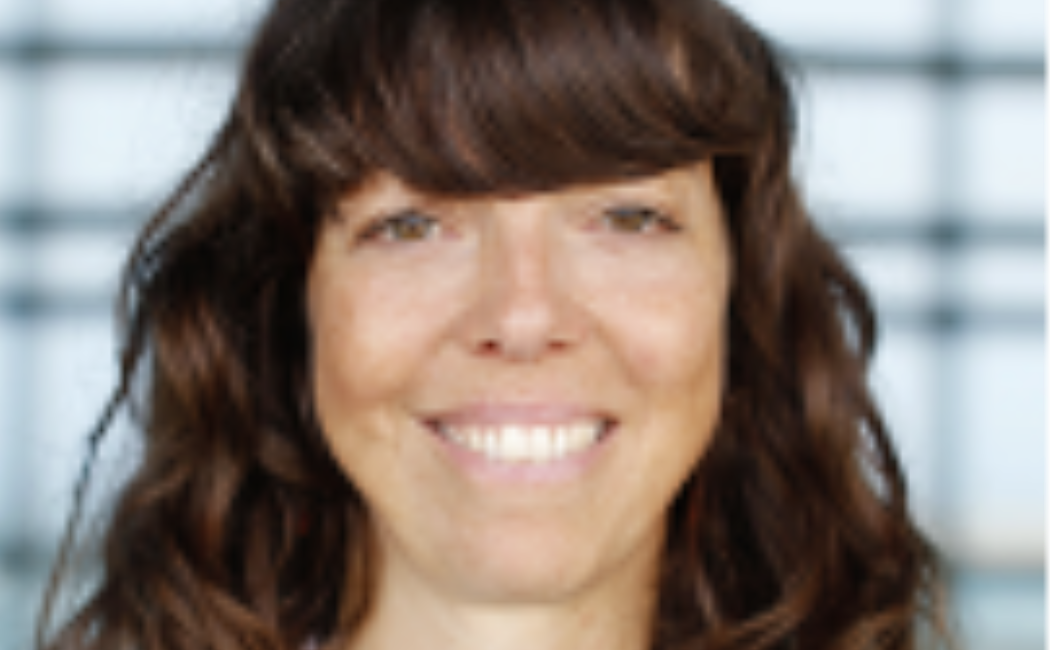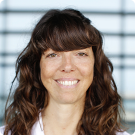




Abstract: The vast majority of marine dissolved organic matter (DOM), one of the largest reservoir of reduced carbon on Earth, is believed to be passively transported to the mesopelagic and abyssal layers of the ocean where it accumulates over timescales of decades to millennia. However, evidences are growing that the flux of organic matter transported every day from the surface to the mesopelagic layer through vertical migration of small animals can be significant. Whether that represents an important source of labile carbon available for the production and respiration of the active microbial community of the mesopelagic realm, and its contribution to oceanic carbon budgets and energy flows, is yet to be explored. I will present data from different experiments and samplings performed at a mesopelagic station of the Central Red Sea that suggest that mesopelagic migrating animals may produce an alternative and overlooked source of labile DOC that fuels the metabolism of prokaryotic heterotrophs in the twilight zone generating a disregarded hotspot for heterotrophic prokaryotes. Optical properties of DOM together with changes in the physiological state of the prokaryotic community are evaluated.
Bio: Maria Calleja is a PhD in Marine Sciences working at KAUST. She is a chemist by education. Graduated at the University of Barcelona, then moved to do a Master at the Kings College of London, and did the PhD at the University of the Balearic Islands. She then did a three year postdoc at University of California Santa Cruz and another postdoc at the Andalusian Institute of Earth Sciences in Granada, Spain. She has devoted her research on the study of biogeochemical cycles of carbon and nitrogen in different marine ecosystems, from tropical to polar latitudes. Her research is now focused on the understanding of the processes governing organic carbon cycling at the Red Sea, and its interaction with the micro biota.